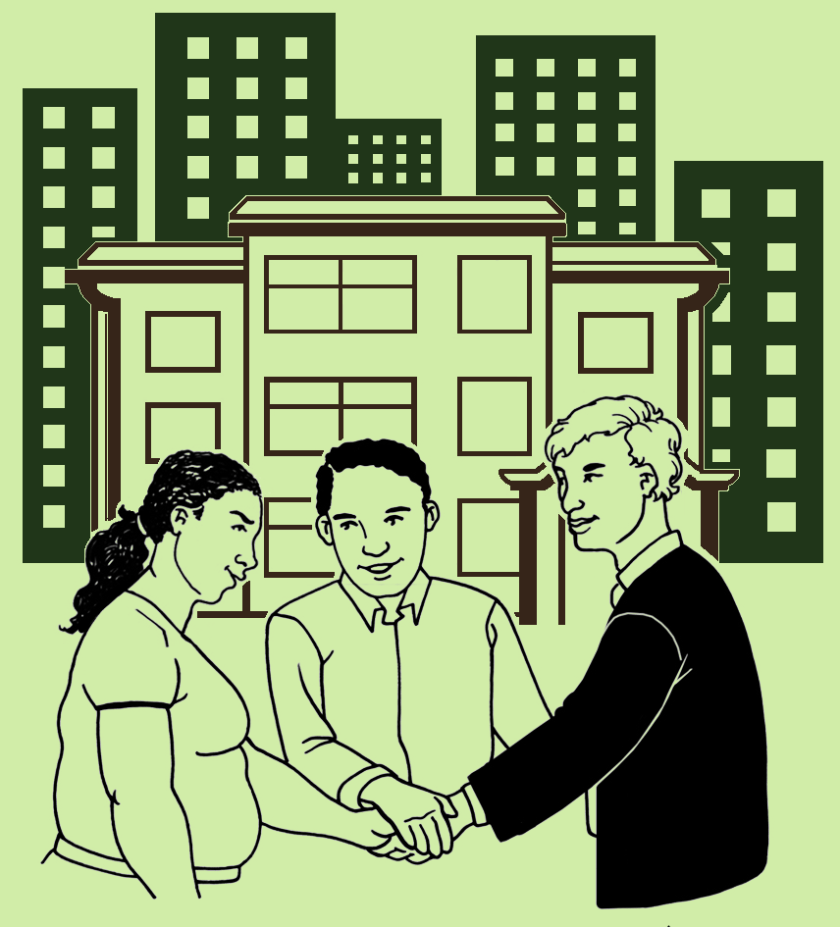
British Sign Language video of this page:
This site has been set up as part of a piece of research about disabled people’s involvement in co-operatives in the UK, which is funded for one year from September 2021 to September 2022, but I hope that the site can continue to exist after the research officially ends as a general hub for news and information about disabled people and co-ops.
A co-operative is defined by the International Co-operative Alliance (ICA) as:
an autonomous association of persons united voluntarily to meet their common economic, social and cultural needs and aspirations through a jointly owned and democratically controlled enterprise.
In simple terms, this means that a co-op is any kind of business that is owned and controlled by its members – for example, workers in a workers’ co-op (such as a shop or factory), tenants in a housing co-op, or users or consumers of services in a consumer co-op.
Disabled people, as defined in the social model of disability, are people who have or are perceived to have impairments and who are discriminated against or not given full access to participate in society because of that. This includes people such as:
• d/Deaf people and others with hearing impairments
• blind people and others with visual impairments
• wheelchair users and others with mobility impairments
• people with learning difficulties
• autistic, dyslexic or otherwise neurodivergent people
• people who experience mental distress, chronic pain or chronic illnesses
• anyone else who considers themself to be a disabled person.
Co-ops are relevant for disabled people because:
• co-ops and the Disabled People’s Movement have shared values, such as self-organisation and the principle of “Nothing About Us Without Us”, i.e. that things should be run and controlled by the people directly affected by them.
• workers’ co-ops can be more accessible for disabled people to work in than more mainstream workplaces, because workers who own their business can organise how the business works to meet all of their access needs and make it work well for everyone, rather than for bosses or managers, and they can have fewer barriers to getting a job (such as inaccessible application processes) than other employers.
• housing co-ops can be affordable and possible for disabled people to access when individual home-ownership is not, can be more secure, affordable and possible to adapt to meet particular access needs than privately renting, and can have fewer barriers to getting housed and more of a supportive community than ‘mainstream’ (e.g. council/housing association) social housing.
• other types of co-ops can provide services that are particularly useful for or needed by disabled people, such as personal assistance, sign language interpretation, etc., and can give disabled people more control of these services and fewer barriers to accessing them than state or private provision.
• co-ops are part of a ‘solidarity economy’ that helps to build resilient, welcoming communities and values people’s lives and freedom over profit. Unlike in the dominant capitalist economy, this means disabled people can be just as valued and included as anyone else.
For more about the research, see this page. If you want to know more about me (Steve Graby), see this page.
